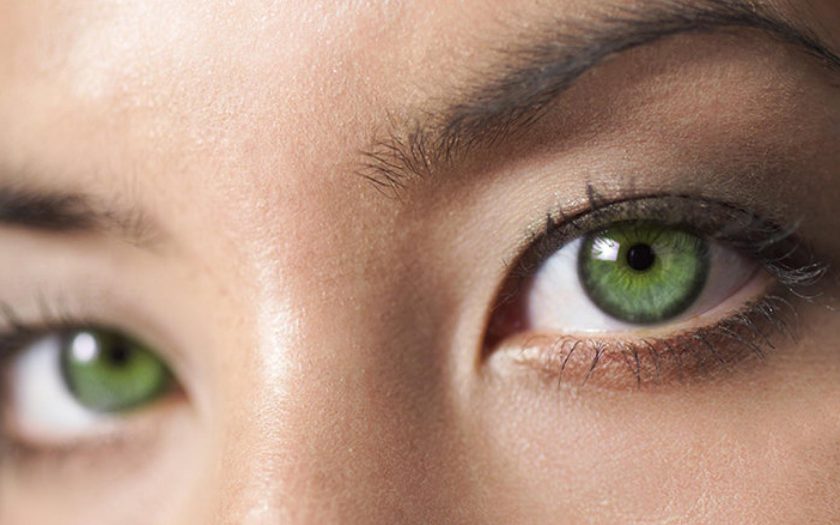Always protect your eyes from damage.
If you work with hazardous equipment or your job involves the risk of foreign particles entering your eyes. Do not ignore safety rules and wear protective eyewear. Also, protect your eyes from sunlight. Properly selected sunglasses reduce UV radiation’s impact on the upper layer of the epidermis and prevent retinal damage.
Consume beneficial food for your eyes.
If you want to maintain good eyesight as long as possible, you should follow a healthy diet. It is recommended to diversify your diet with various fruit and vegetables that help the body fight free radicals. One of the most important food products for eye health is blueberries, which can be taken in the form of a Bilberry-MIC supplement. Regular use of this supplement provides antioxidants and enhances the vascular support of the eye. Anthocyanins—water-soluble pigments that give blueberries their blue color—help improve blood circulation in the retina and enhance visual acuity. Blueberries also contain vitamins B2 and rutin, which help reduce intraocular pressure and strengthen blood vessel walls.
Give your eyes a rest.
Most people spend a lot of time looking at computer screens. If you are not using your vision for distance and excessively using it up close, you may develop nearsightedness and eye strain. Adjust your monitor to be about 70 cm from your eyes and ensure proper screen focus. As screen radiation can also harm your vision. Take regular breaks and look away from the computer as often as possible.
Quit smoking.
Smoking negatively impacts the eye’s lens. The main function of the eye’s lens is to transmit and refract light rays. Therefore, it must be transparent, elastic and able to quickly change its shape, allowing clear vision at various distances. Smoking can rapidly reduce the lens’s elasticity and transparency, leading to cataracts. Nicotine can also impair color vision, initially affecting the perception of green and subsequently red, yellow and blue.
Regularly visit an ophthalmologist.
To avoid vision problems and diagnose potential diseases early, it is crucial to regularly visit an ophthalmologist. Starting preventive visits since childhood are ideal, as some vision defects can be inherited or develop during fetal formation. The earlier a condition is detected, the more effective the treatment can be. If you notice eye swelling or persistent redness, seek immediate professional advice. Issues with the eye may also manifest as an inability to fully lift the eyelid. Understanding that eye conditions do not always indicate direct vision impairment is important; they may involve the mucous membrane or other areas. The initial diagnosis should be made by an ophthalmologist. After the examination, the specialist will determine the cause of the vision deterioration and recommend appropriate drops (for example Betagan Eye Drops) and other treatments.

